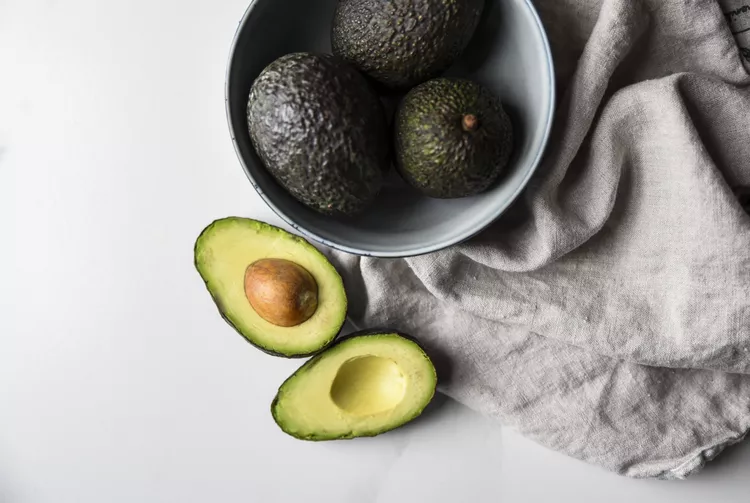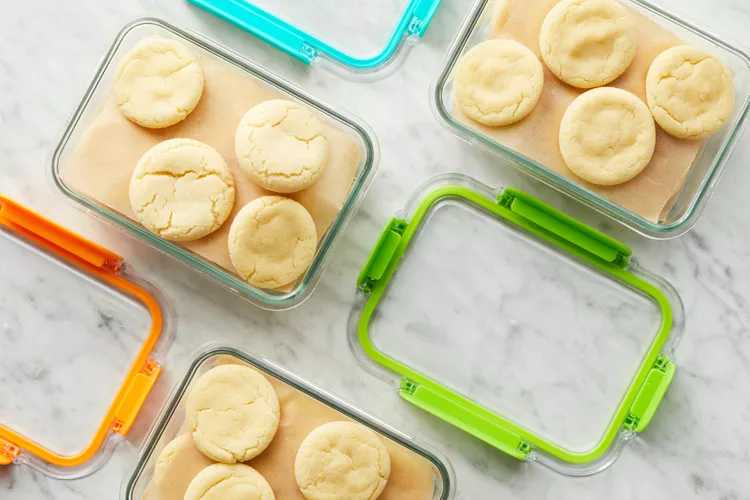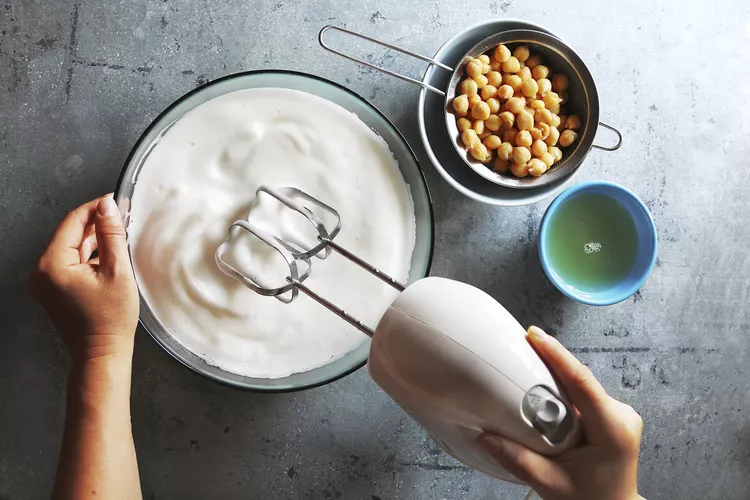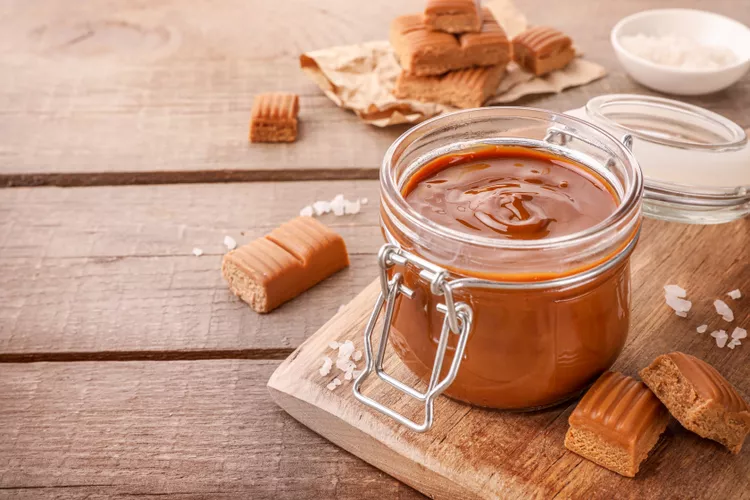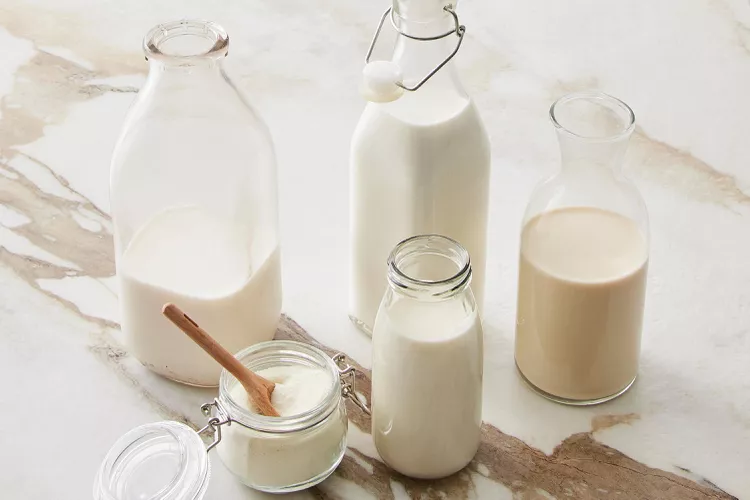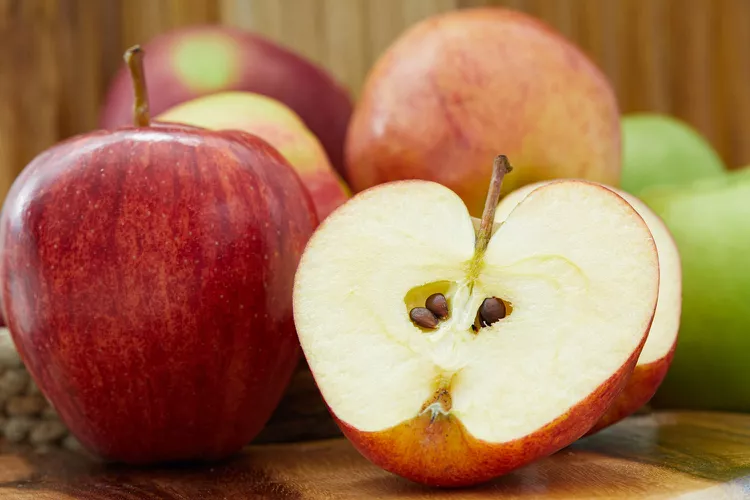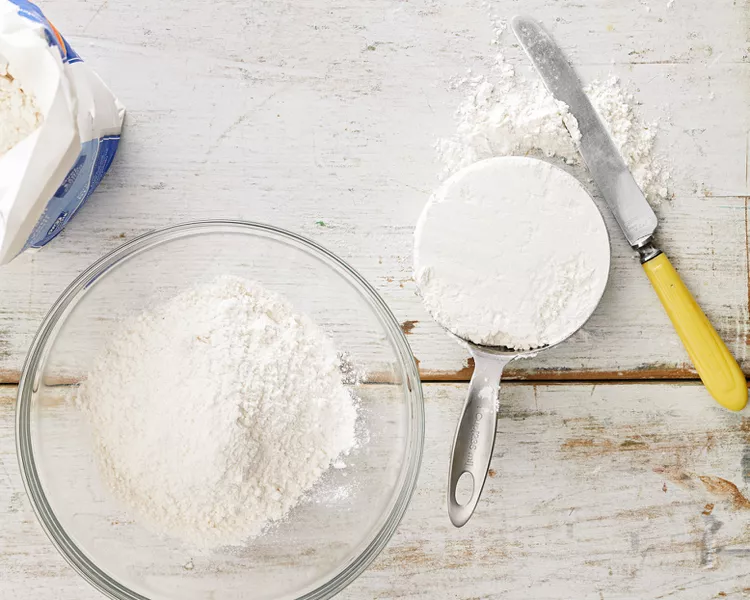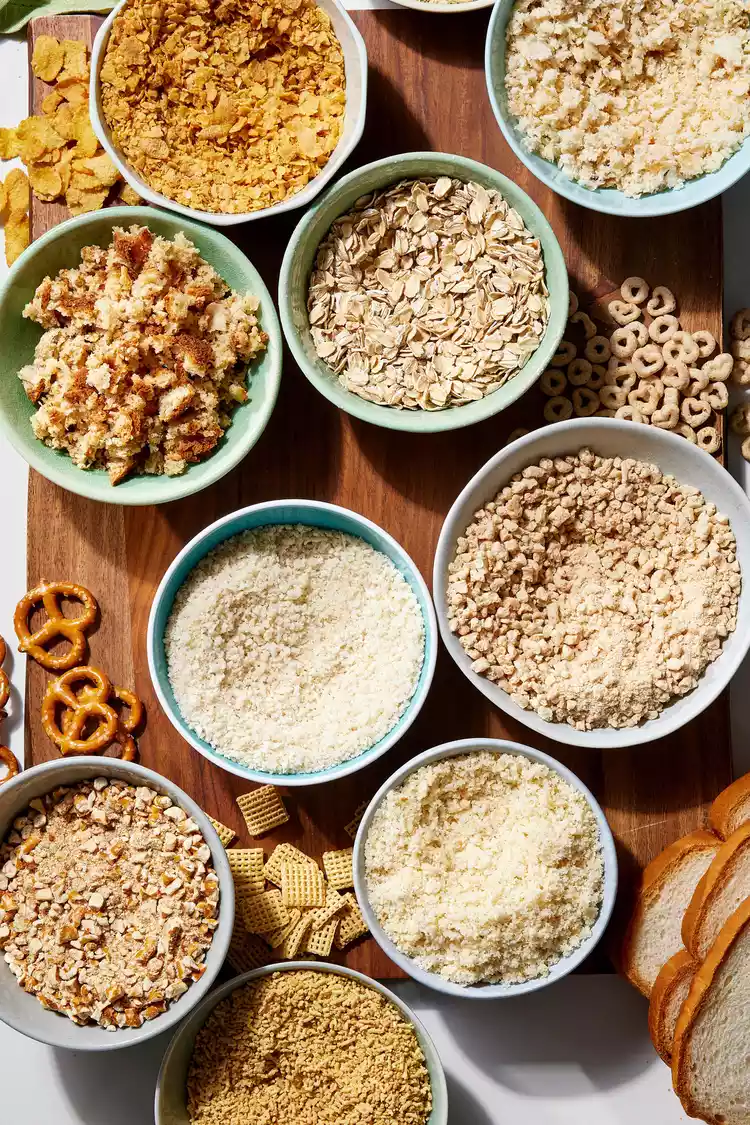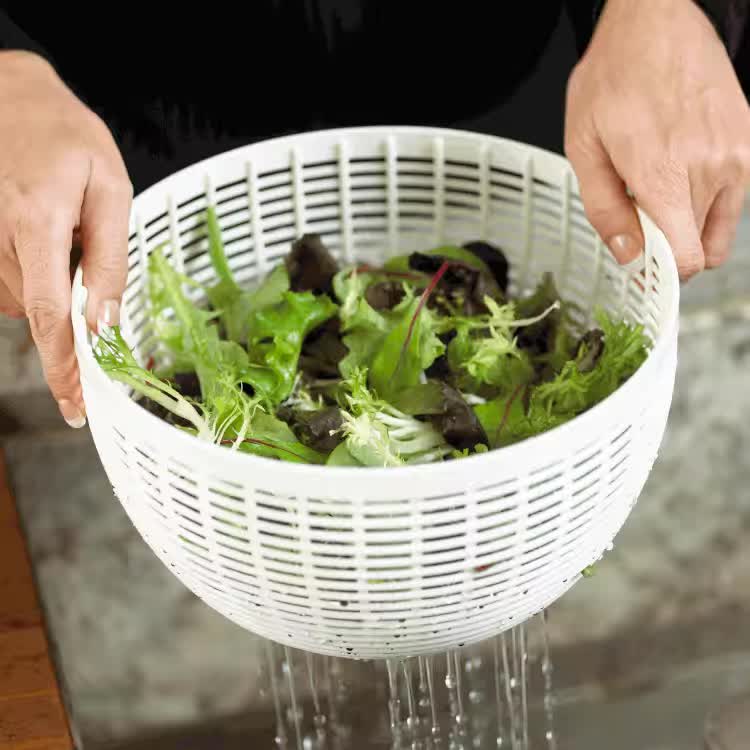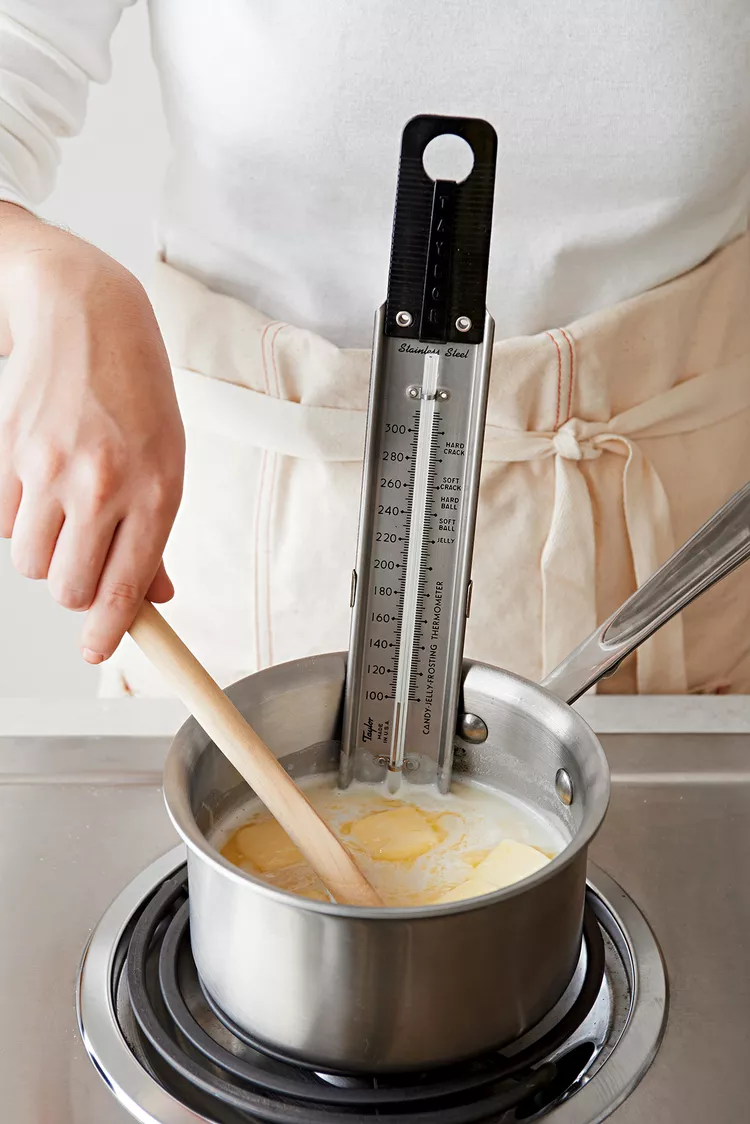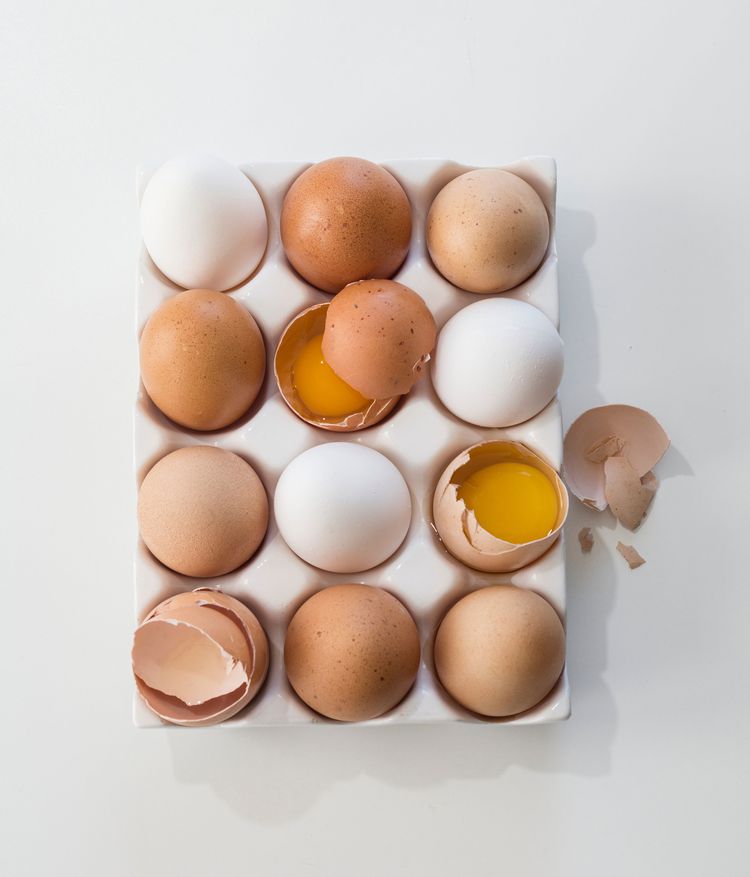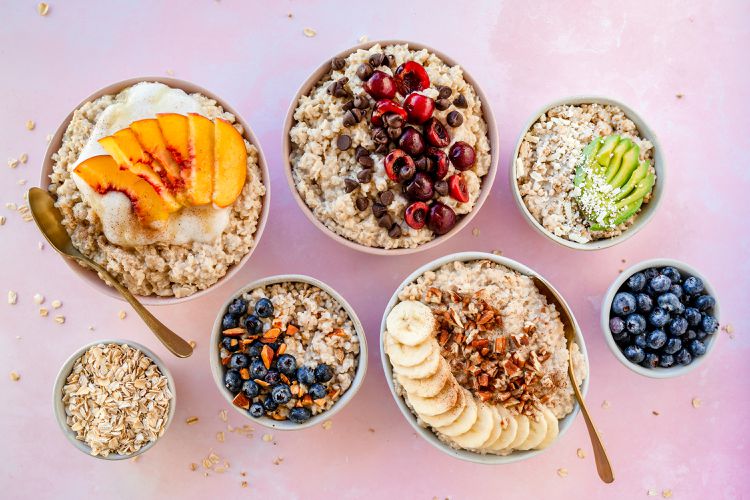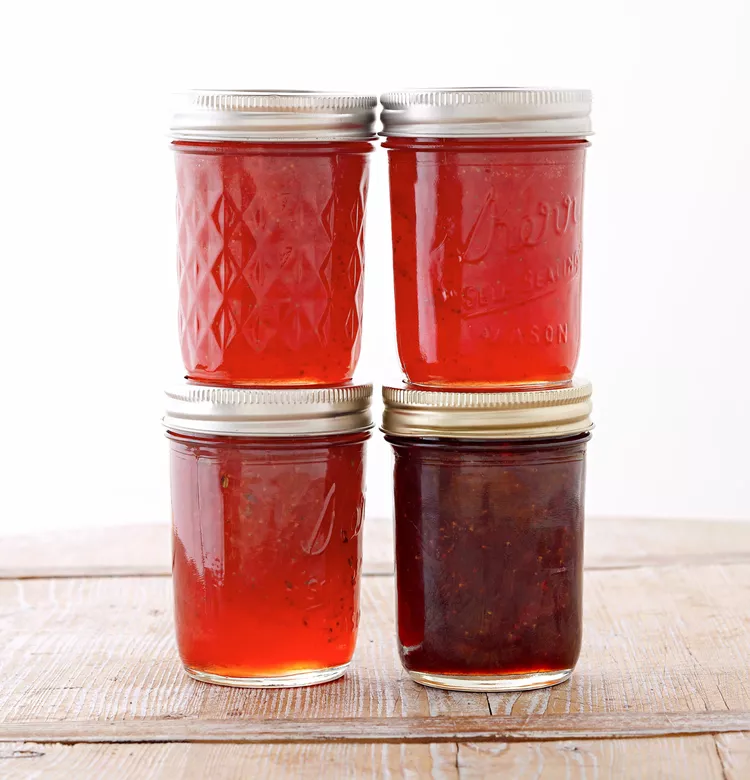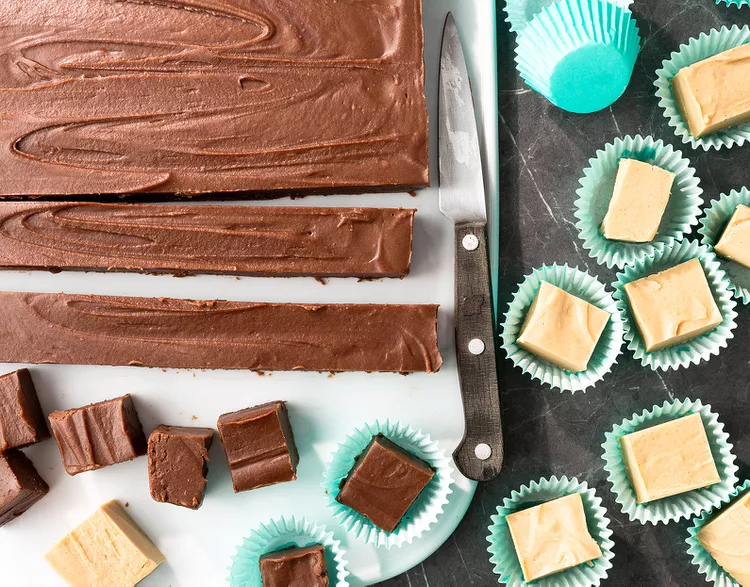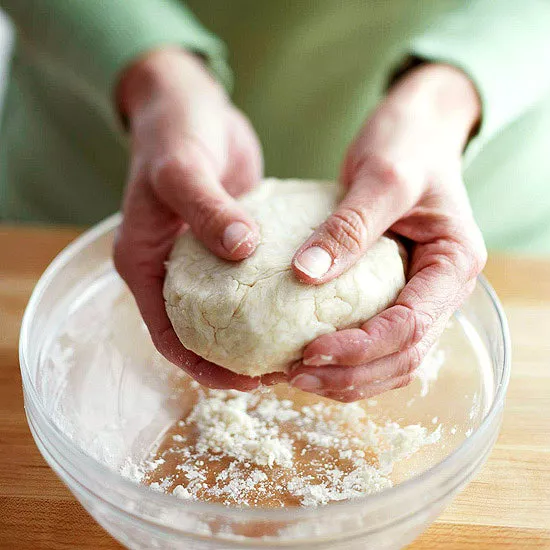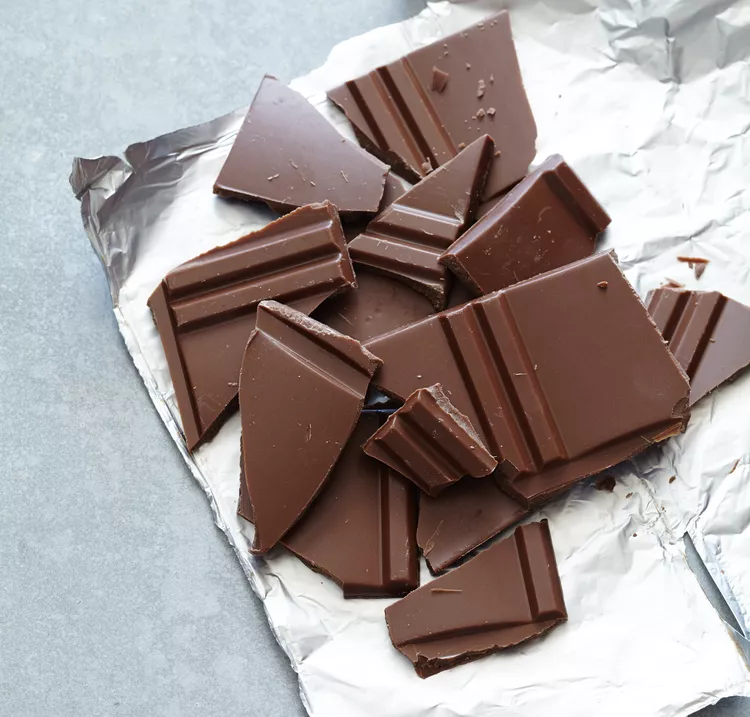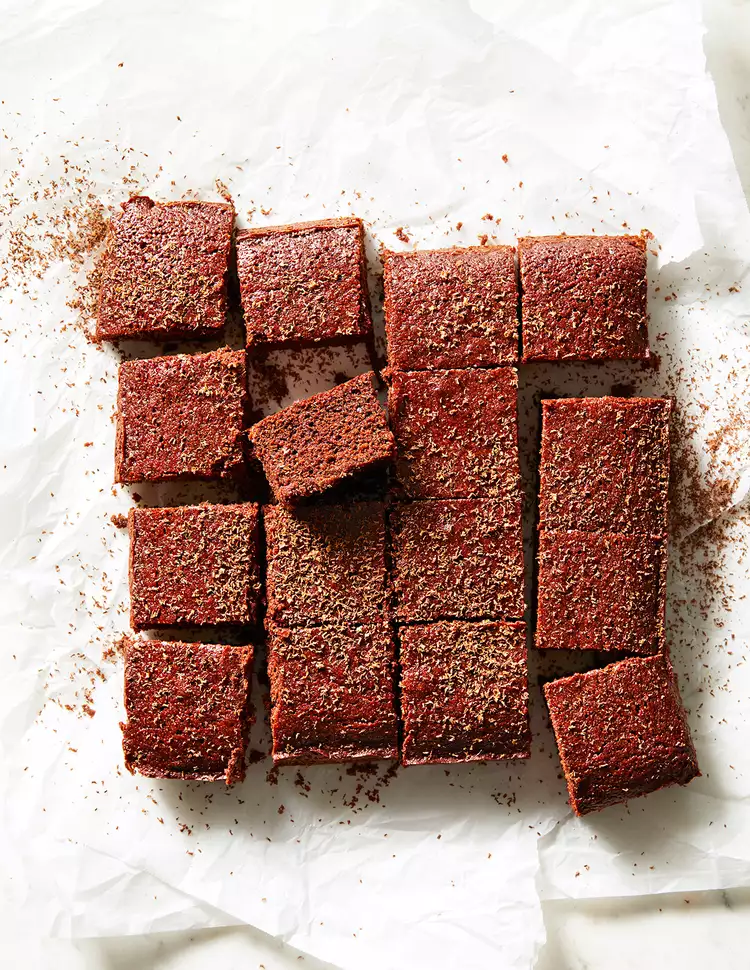The Avocado: A Produce Diva
The avocado is often seen as a diva in the produce aisle, teasing and taunting us with its elusive ripeness. After selecting these fruits at the store and bringing them back to the Test Kitchen to develop recipes like Tomato-Avocado Grilled Cheese, Grilled Avocado and Pineapple Salad, and Avocado Deviled Eggs, we daily check for ripeness, hoping to catch them at their peak. (Remember, the signs of a ripe avocado include dark green, bumpy skin and flesh that gives a little when gently pressed.)
The Tease of the Unripe Avocado
The anticipation and excitement are palpable, but the avocados can be a tease. They whisper, "Not yet!" until the day we lift up the stem and find green flesh underneath, indicating the fruit is ripe. Yet, sometimes, the freshness window is missed, leaving us with an overripe avocado and mushy, dark-spotted flesh. It's a frustrating dance between the fruit and its perfection.
The Refrigeration Debate: Should You Chill Your Avocados?
Understanding when and why to refrigerate avocados can help extend their freshness and recipe-readiness. In this guide, we'll explore the factors that influence avocado freshness and the best practices for storing them at different stages of ripeness.
When and Why to Refrigerate Avocados
To ensure the best flavor, texture, and shelf life, it's crucial to understand the conditions that affect avocado freshness. Here are the key factors:
- Humidity: Humid conditions are ideal for preventing avocados from drying out.
- Oxygen Exposure: Exposure to oxygen can cause rapid browning of the avocado flesh.
- Ethylene Gas Exposure: Ethylene-producing produce like apples and bananas can quickly ripen avocados.
- Temperature: Cooler temperatures slow the ripening process.
Storing Avocados: Room Temperature or Refrigeration?
For firm, unripe avocados, storing them at room temperature (68° to 75°F) is best. This allows them to ripen naturally without the risk of spoilage from ethylene-producing produce. However, once ripe and slightly soft to the touch, it's recommended to refrigerate avocados to extend their shelf life.
Extending Avocado Freshness: Refrigeration Tips
To ensure the best quality and flavor, follow these guidelines for storing ripe avocados:
How Long Do Ripe Avocados Last?
Ripe avocados stored at room temperature can last 2 to 3 days, but refrigeration extends this to 5 to 7 days, depending on the ripeness and freshness when refrigerated.
Refrigerating Whole Avocados
Whole, ripe avocados should be refrigerated in a high-humidity crisper drawer for up to 7 days.
Refrigerating Cut Avocados
After cutting an avocado, it should always be refrigerated, whether you plan to use it immediately or store it for later.
Preserving Cut Avocado Halves
To preserve cut avocado halves, cover the pit side with plastic wrap, place them in an airtight container, and refrigerate for up to 1 day. For mashed or smashed avocado, store in an airtight container with a layer of lemon or lime juice to prevent browning.
Freezing Avocados for Longer Freshness
For those who want to extend the freshness of ripe avocados even further, freezing is an option. Ripe avocados can be frozen for up to 1 month, making them ideal for blending into smoothies or cocktails.
Freezing Sliced Avocados
To freeze sliced avocados, carefully cut them in half, remove the seed, and peel the skin. Cut the avocado into quarters or slices and store in a zip-top bag for up to 1 month.
Freezing Mashed Avocados
To freeze mashed avocados, cut the avocado in half, remove the pit, and scoop the flesh into a bowl. Add lemon juice, then mash to your desired consistency. Store in an airtight container for up to 1 month.
